Understanding Exclusive Authorization
Exclusive authorization, often referred to as exclusive licensing or exclusive rights, is a legal concept that grants a specific individual or entity the sole right to use, distribute, and reproduce a particular piece of intellectual property within a defined territory and for a specified duration. This concept is prevalent in various industries, including entertainment, technology, publishing, and sports, where exclusive rights are crucial for the protection and commercialization of creative works and intellectual assets.
What is Exclusive Authorization?
Exclusive authorization is a contractual agreement that outlines the terms under which one party (the licensor) grants another party (the licensee) the exclusive right to exploit a particular intellectual property. This intellectual property can range from a book, a song, a trademark, a patent, or even a software program. The exclusivity aspect means that the licensee is the only entity allowed to use the intellectual property in the agreed-upon manner, without competition from the licensor or any other third party within the specified territory and timeframe.
Key Elements of Exclusive Authorization Agreements
When drafting an exclusive authorization agreement, several key elements must be considered to ensure clarity and enforceability:
Scope of Rights: This defines the specific rights granted to the licensee, such as the right to reproduce, distribute, sell, or perform the intellectual property.
Territory: The agreement specifies the geographic area within which the exclusive rights apply. This can be a country, region, or the entire world.
Duration: The term of the agreement outlines how long the exclusive rights will be in effect. This is often tied to the life of the intellectual property or a specific number of years.
Payment Terms: The agreement details how the licensor will be compensated for granting the exclusive rights, including royalties, flat fees, or other forms of remuneration.
Termination Clauses: These clauses define the conditions under which the agreement can be terminated by either party, as well as any notice requirements.
Confidentiality: The agreement may include provisions to protect any confidential information shared between the parties.
Benefits of Exclusive Authorization
Exclusive authorization offers several benefits to both licensors and licensees:
Increased Value: By granting exclusive rights, the licensor can enhance the value of their intellectual property, making it more attractive to potential licensees.
Market Control: Licensees can secure a competitive advantage by being the sole provider of a particular product or service within a specific market.
Revenue Streams: Licensors can generate significant revenue through royalties or licensing fees, which can be a more stable income source than direct sales.
Brand Protection: Exclusive rights help to prevent unauthorized use and protect the brand's reputation and market position.
Risks and Challenges
While exclusive authorization offers numerous benefits, it also comes with its own set of risks and challenges:
Lack of Competition: Exclusive rights can lead to a lack of competition, potentially resulting in higher prices for consumers and reduced innovation.
Market Saturation: If the exclusive licensee fails to effectively manage the market, the intellectual property may become overexposed and lose its appeal.
Termination Risks: The licensor may retain the right to terminate the agreement if the licensee fails to meet certain performance criteria, which can be a significant risk for the licensee.
Legal Complexity: Drafting and enforcing exclusive authorization agreements can be complex, requiring legal expertise and careful negotiation.
Conclusion
Exclusive authorization is a powerful tool for protecting and commercializing intellectual property. It provides clear benefits for both licensors and licensees, but it also requires careful consideration of the terms and conditions to mitigate potential risks. As the landscape of intellectual property rights continues to evolve, understanding the nuances of exclusive authorization will remain crucial for those involved in the creative and commercial sectors.
转载请注明来自澳大利亚农业和园艺学院,本文标题:《独家授权 英文,独家授权好不好 》

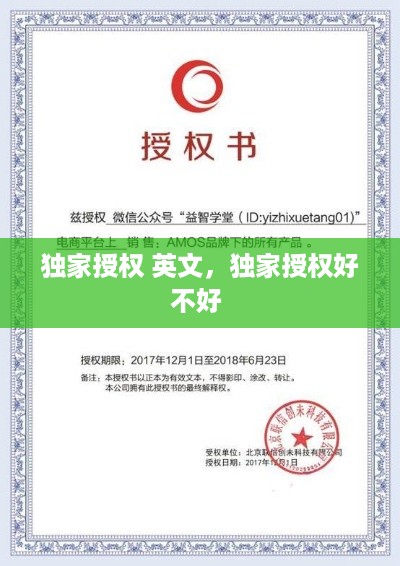
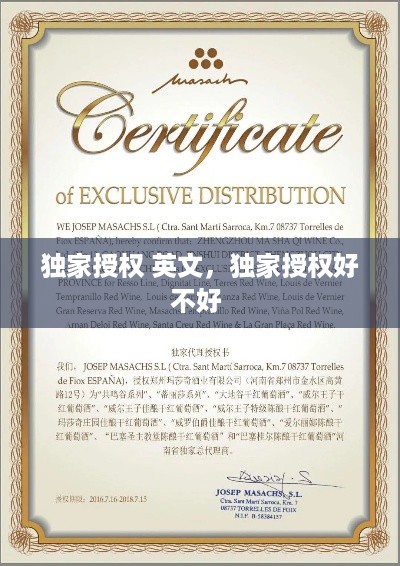
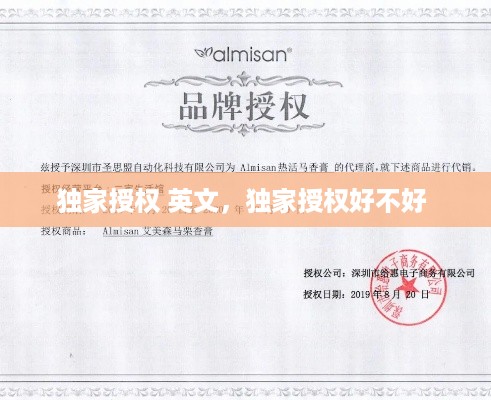
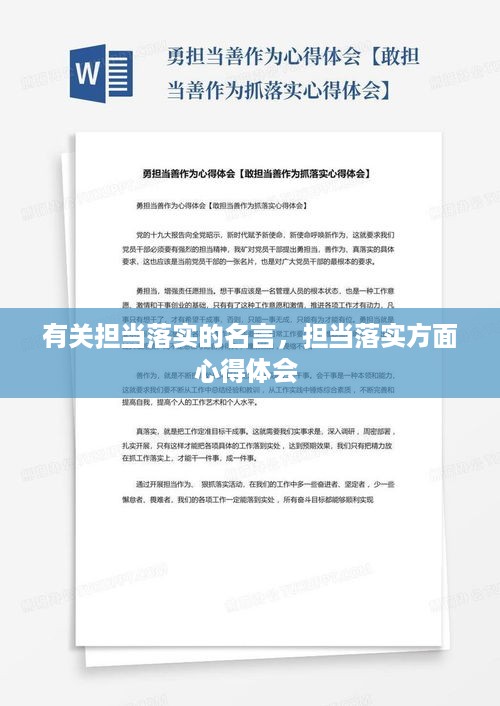
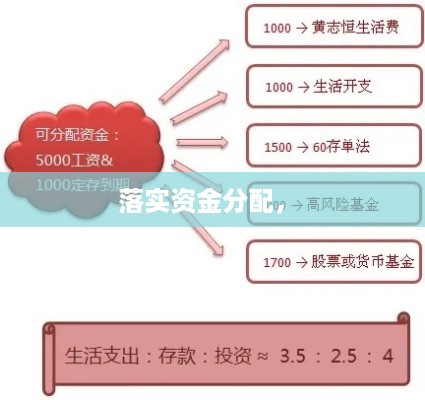




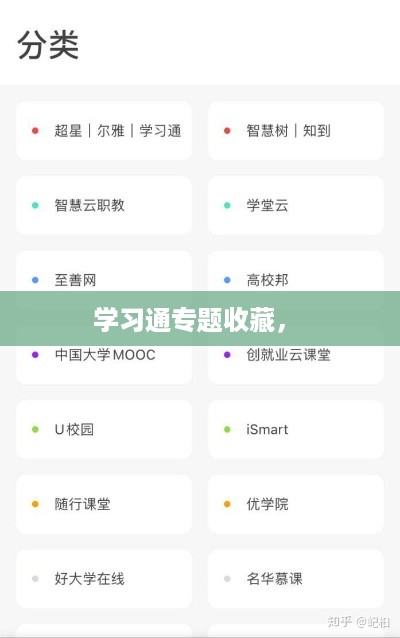
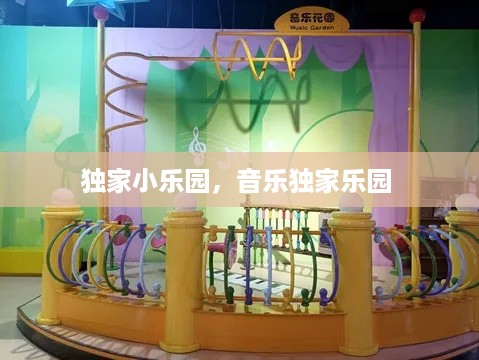
 蜀ICP备2022005971号-1
蜀ICP备2022005971号-1
还没有评论,来说两句吧...